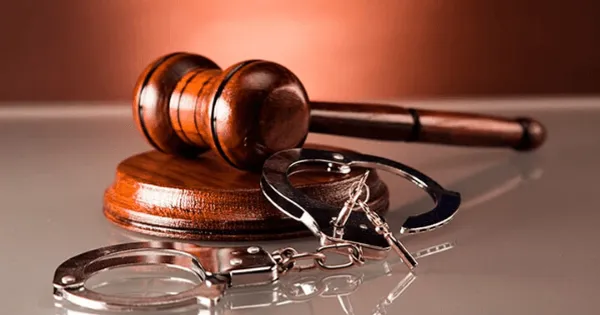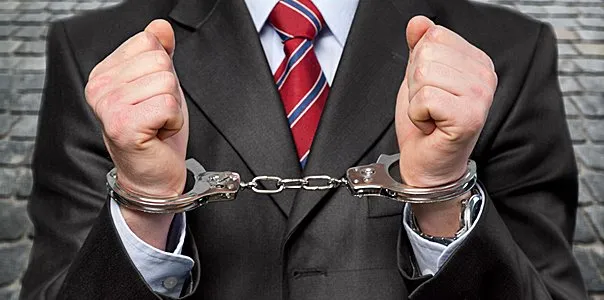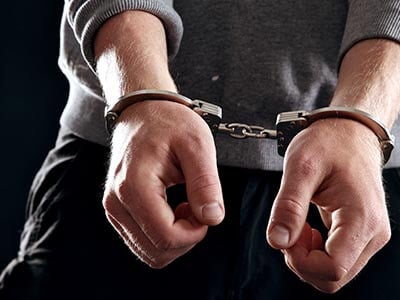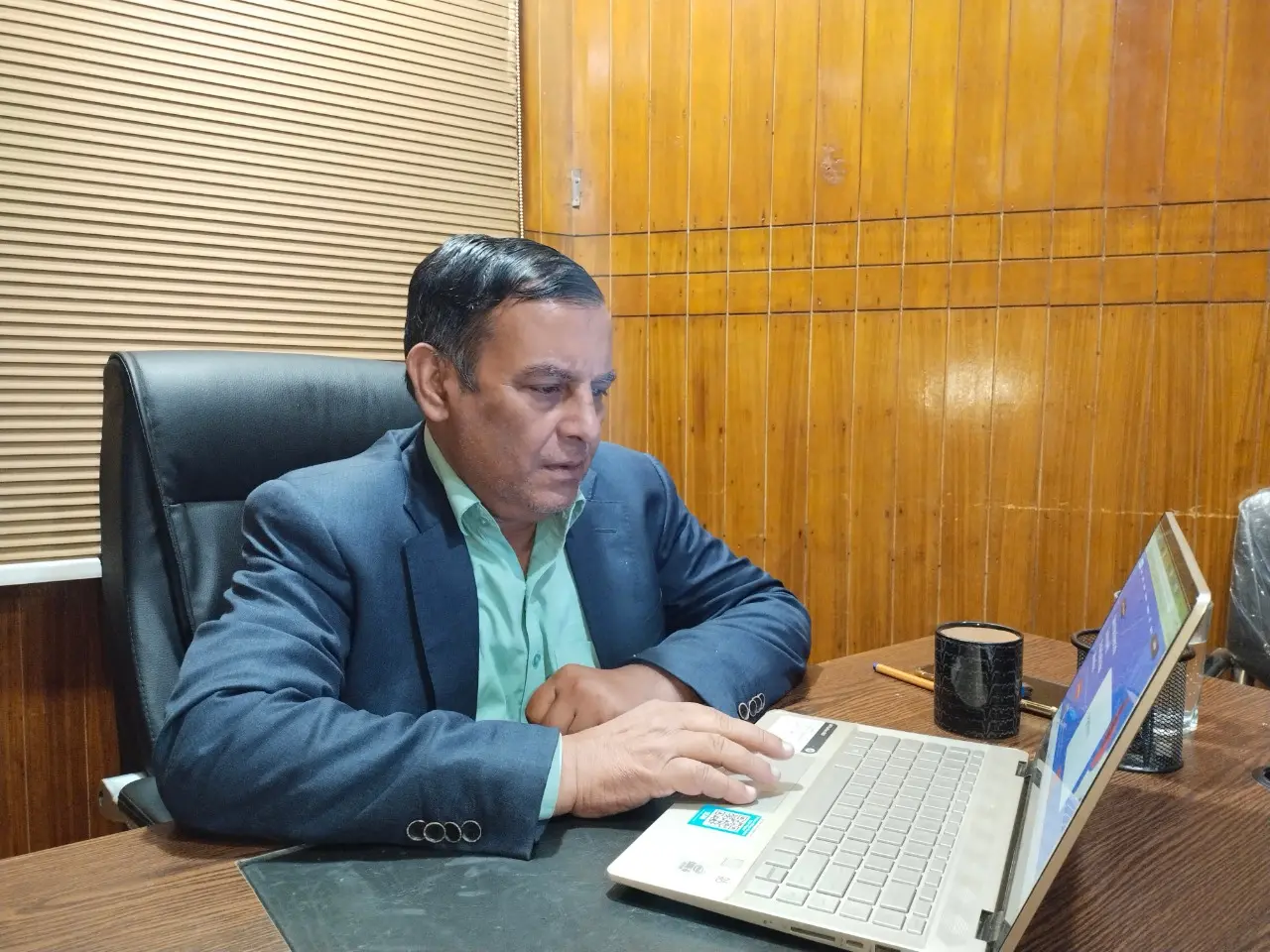- Karachi
- Lahore
- Islamabad
- Leads, UK
- Reading, UK
- Quebec, Canada
Our criminal lawyers in Islamabad, Rawalpindi, Karachi & Lahore offices of Right Law Associates, Pakistan are the best lawyers in the country that deal with criminal defence & criminal law justice system. These criminal lawyers defend our clients and prosecute offenders and they have an excellent track record.
Criminal lawyers in Pakistan, like other countries, are tasked with representing individuals who have been accused of crimes and working to ensure that their rights are not infringed upon. It is the job of criminal lawyers to examine the evidence, conduct research, and build a strong defence for their clients. Criminal lawyers also advise their clients on legal proceedings, represent them in court, negotiate plea bargains, and provide legal advice on matters related to criminal law.
A criminal lawyer is a lawyer who specializes in the defence of individuals and companies charged with criminal activity. Criminal lawyers represent clients in both trial & appellate courts. If you have been charged with a crime, it is important to speak with a criminal lawyer as soon as possible to discuss your options and begin preparing your defence.
Criminal lawyers play a vital role in the criminal justice system. Criminal lawyers represent clients who have been accused of crimes and ensure the protection of their clients’ rights. Criminal lawyers also work to ensure that victims of crime receive justice.
Criminal lawyers work hard to investigate cases, interview witnesses, and gather evidence. They also work closely with prosecutors and law enforcement officials to make sure that their clients receive a fair trial. In short criminal lawyers represent their clients in court throughout the trial.
Criminal lawyers have an incredibly important role in our legal system as they are responsible for ensuring that justice is served and the rights of individuals are protected. Without criminal lawyers, many injustices could occur without there being accountability or recourse for victims. It is essential that criminal lawyers understand the law, be knowledgeable about the legal proceedings, and assist their clients to ensure proper representation before a court of law, that is the basic obligation of a criminal lawyer.
In Pakistan, Criminal Law is a set of rules and regulations dealing with crimes and criminal activities , and handled by criminal lawyers. It defines the punishment for any criminal activity conducted in the country. This law has been in place for years, but recent updates have made it even more stringent. In this article, we will explore what the law says about different types of crime and criminal activities in Pakistan, as well as the role played by criminal lawyers. We will also look at what constitutes a crime in Pakistan and how punishments are decided according to the gravity of the offense and the role of criminal lawyers in favour of our clients. Finally, we’ll examine how law enforcement agencies use Criminal Law to ensure safety and justice in Pakistan.

Criminal law is the body of law that deals with crimes and criminals’ activities. In Pakistan, criminal law is governed by the Pakistan Penal Code (PPC), which was enacted in 1860 (as IPC). The PPC covers a wide range of offences, from fraud to murder. The cases of criminal nature are handled by criminal lawyers.
Offences are classified as either cognizable or non-cognizable. Cognizable offences are those in which a police officer can arrest an accused without a warrant. Non-cognizable offences are those in which a police officer cannot arrest an accused without a warrant.
The punishment for an offence depends on the nature and gravity of the offence. Some offences are punishable by death, while others are punishable by imprisonment for life or for a specified term.
There are several types of crimes, but they can generally be classified into two categories: personal crimes and property crimes.
Personal crimes are those that involve harm to another person, such as murder, rape, assault, and betray. Property crimes are those that involve the damage or destruction of property.
Punishment can be seen as a form of prevention, either by deterring potential.
There are different types of punishments for criminals in Pakistan depending on the severity and nature of their crimes. For example, those who commit murder may be sentenced to death, while those who commit a less serious crime may be sentenced to imprisonment.
Capital punishment, also known as the death penalty, is a legal process whereby a person is put to death by the state as a punishment for a crime. The death penalty is usually reserved for cases of aggravated murder, but it can also be imposed for other crimes such as terrorism, espionage, and treason.
In Pakistan, the death penalty is allowed by law and has been carried out in practice. In recent years, there has been an increase in the number of executions carried out in Pakistan.
The majority of executions in Pakistan are carried out by hanging.
There is growing opposition to the use of the death penalty in Pakistan. Amnesty International has called on the Pakistani government to abolish the death penalty and end all executions immediately and unconditionally.
In Pakistan, life imprisonment is a possible punishment for certain types of crimes. The length of time someone would spend in prison if given this sentence depends on the severity of the crime and other factors.
Life imprisonment can be imposed for crimes such as murder, terrorism, rape, kidnapping, and drug trafficking. The sentence is usually reserved for the most serious offenders. In some cases, life imprisonment may be considered a more severe punishment than the death penalty.
Those sentenced to life imprisonment typically spend the rest of their lives in prison with no chance of parole. In some cases, prisoners may be given the opportunity to earn reduced sentences through good behavior or participation in rehabilitation programs. However, these opportunities are typically only available to those who have been sentenced to long prison terms and not those given life sentences.
The criminal law in Pakistan sets out the rules and regulations which define what constitutes a crime and outlines the punishments which may be imposed on those who are found guilty of committing a crime. Criminal law is overseen by the government’s Ministry of Law and Justice and is enforced by the police and judiciary.
Criminal law covers a wide range of offences, from relatively minor offences such as traffic violations to more serious offences such as murder and rape. Offenders can be punished with a variety of measures, including fines, imprisonment, or even death.
Probation is one such measure that may be imposed on an offender. Probation is a period of supervision that is ordered by the court instead of imposing a prison sentence. The offender is required to adhere to certain conditions during this period, such as refraining from committing any further crimes, attending rehabilitative programs, or meeting regularly with a probation officer. If the offender successfully completes probation, they will not have to serve a prison sentence.
In Pakistan, fines are a common punishment for many different types of crimes. The amount of the fine is typically based on the severity of the offense and can range from a few hundred rupees to several thousand rupees.
Fines are typically imposed by the courts, but in some cases, they may be imposed by administrative bodies such as the police or other government agencies. In most cases, the offender has the right to appeal the fine if they believe it is unjustified.
Paying a fine is not an admission of guilt, but simply means that the offender has chosen to pay the penalty rather than face further legal proceedings.

Criminal offenses are those which are punishable by law. In Pakistan, criminal law is codified in the Penal Code. The Code contains a comprehensive list of all the offenses that are recognized by the Pakistani courts. The Code also prescribes the punishments for each of these offenses.
Criminal law is divided into two main branches: substantive criminal law and procedural criminal law. Substantive criminal law deals with the nature and definition of crimes, while procedural criminal law deals with the rules and procedures for investigating and prosecuting criminals.
Pakistan has a vast and complex system of criminal justice, which is administered by a variety of institutions including the police, the prosecution, the courts, and the prison service. The police play a vital role in investigating crime and bringing criminals to justice. The prosecution is responsible for presenting the case against the accused in court. The courts adjudicate on cases and hand down sentences. The prison service is responsible for carrying out sentences imposed by the court
The criminal justice system is the set of government agencies and institutions that are responsible for addressing crime. It includes police, prosecutors, courts, and corrections. The main goals of the criminal justice system are to keep communities safe, protect victims, and hold offenders accountable for their actions.
In Pakistan, the criminal justice system is governed by the Criminal Procedure Code (CrPC), which was enacted in 1898. The CrPC sets out the procedures for the investigation, arrest, trial, and punishment of offenders. It also establishes the rights of accused persons and victims of crime.
The police are responsible for investigating crimes and apprehending suspects. Once a suspect has been apprehended, the prosecutor decides whether to bring charges against the suspect. If charges are filed, the case will be heard by a court. The court will determine whether the suspect is guilty or not guilty and impose a sentence accordingly.
Correctional institutions are responsible for carrying out sentences imposed by courts. In Pakistan, there are two types of correctional institutions: prisons and juvenile detention centers. Prisons are used to confine adult offenders who have been sentenced to terms of imprisonment of two years or more. Juvenile detention centers are used to confine juveniles who have been charged with offences punishable by imprisonment.

In Pakistan, criminal proceedings are dealt with by the police and the courts. Criminal law is based on Islamic law and the Pakistani Penal Code. The police have the power to arrest a person suspected of having committed a crime and to investigate the case. The courts have the power to try cases and impose punishments.
The punishment for a crime depends on the nature of the crime. For example, the punishment for murder is death, while the punishment for robbery is imprisonment. There are also different types of crimes, such as small crimes (petty offences) and serious crimes (felonies). Small crimes are punishable by fines or short terms of imprisonment, while serious crimes are punishable by long terms of imprisonment or death.
In Pakistan, the Code of Criminal Procedure (CrPC) is the main legislation governing criminal procedure. The code lays down procedures for the police, public prosecutors, courts, and prisons. It also provides for certain rights of accused persons.
The CrPC applies to all offences punishable under the Penal Code or any other law. It does not apply to offences punishable under special laws, such as the Army Act or the Air Force Act.
The CrPC contains provisions regarding the investigation of crime, arrest and bail, trial procedure, conviction, and sentence. It also contains many general provisions which are applicable to all criminal proceedings.
The Code of Criminal Procedure (CrPC) was enacted in 1898. It has since been amended several times.

The Pakistan Penal Code (PPC) is a federal law that deals with crimes and punishments in Pakistan. It was enacted in 1860 and has been amended several times since then.
Under the PPC, there are two types of offenses: cognizable and non-cognizable. Cognizable offenses are those in which a police officer may arrest an accused person without a warrant. Non-cognizable offenses are those in which a police officer may not arrest an accused person without a warrant.
In addition to the penalties prescribed under the PPC, offenders may also be required to undergo compulsory treatment or rehabilitation programs as directed by the court. Offenders who are sentenced to death may have their sentences commuted to life imprisonment by the President of Pakistan.
